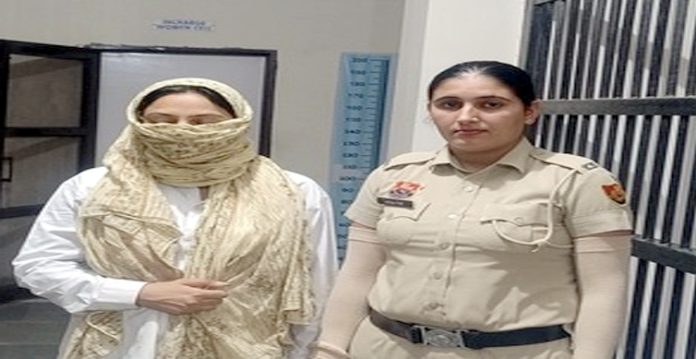In a major development in the espionage case involving Jyoti Malhotra, the Haryana-based YouTuber accused of spying for Pakistan, investigators have recovered a personal diary containing revealing reflections on her travels and interactions in the neighbouring country.
According to officials from the National Investigation Agency (NIA) and Intelligence Bureau (IB), the 10–11-page diary provides a mix of general travel observations in English and deeply personal Hindi entries detailing her 10-day stay in Pakistan.
In one Hindi entry, written upon her return to India, Malhotra penned an emotional note:
“After completing a 10-day journey through Pakistan, today I return to my country, India. We don’t know how long the distances of borders will remain, but may the grievances of hearts disappear. We all belong to the same land, the same soil.”
Also Read: Snehil Mehra on YouTuber Jyoti Malhotra’s arrest: Regulations should be put in place
The 33-year-old social media influencer, who ran the YouTube channel Travel with Jo with over 3.77 lakh subscribers, described her time in Pakistan as “crazy” and “colourful” and praised the hospitality she received. She also expressed a wish that more Hindus could visit their ancestral temples and sites in Pakistan, reflecting a deep longing for cultural and human connection across the Indo-Pak divide.
In another diary excerpt, Malhotra mentioned appealing to Pakistani authorities:
“Protect the temples there and let Indians meet their families from whom they were separated in 1947.”
According to a report, she had been in contact with several Pakistani nationals since her first visit in 2023, including one key operative, Ehsan-ur-Rahim alias Danish, who played a central role in her alleged recruitment. She also saved a Pakistani agent’s number as “Jat Randhawa” to avoid detection and received local support from individuals like Ali Ahwan, who helped provide security during her stay.
Police sources revealed that Malhotra, while not having access to sensitive military information, was being used as a soft-power propaganda asset, reportedly instructed by her handlers to present Pakistan in a favourable light through her videos and content.
Her arrest came shortly after a visit to Pakistan and just before the Pahalgam terror attack, raising questions about the timing and nature of her travels. Despite the controversy, her online popularity saw a surge after the news broke — over one lakh Google searches and a sharp rise in social media engagement, although her Instagram account with 1.33 lakh followers was blocked on Monday.
The investigation is ongoing, with the authorities closely analyzing her contacts, digital communications, and travel history. The case has sparked significant interest and debate about the influence of content creators, cross-border narratives, and how social media can be used in covert operations.
(This story is sourced from a third-party syndicated feed. Raavi Media takes no responsibility or liability of any nature. Raavi Media management/ythisnews.com can alter or delete the content without notice for any reason.)


